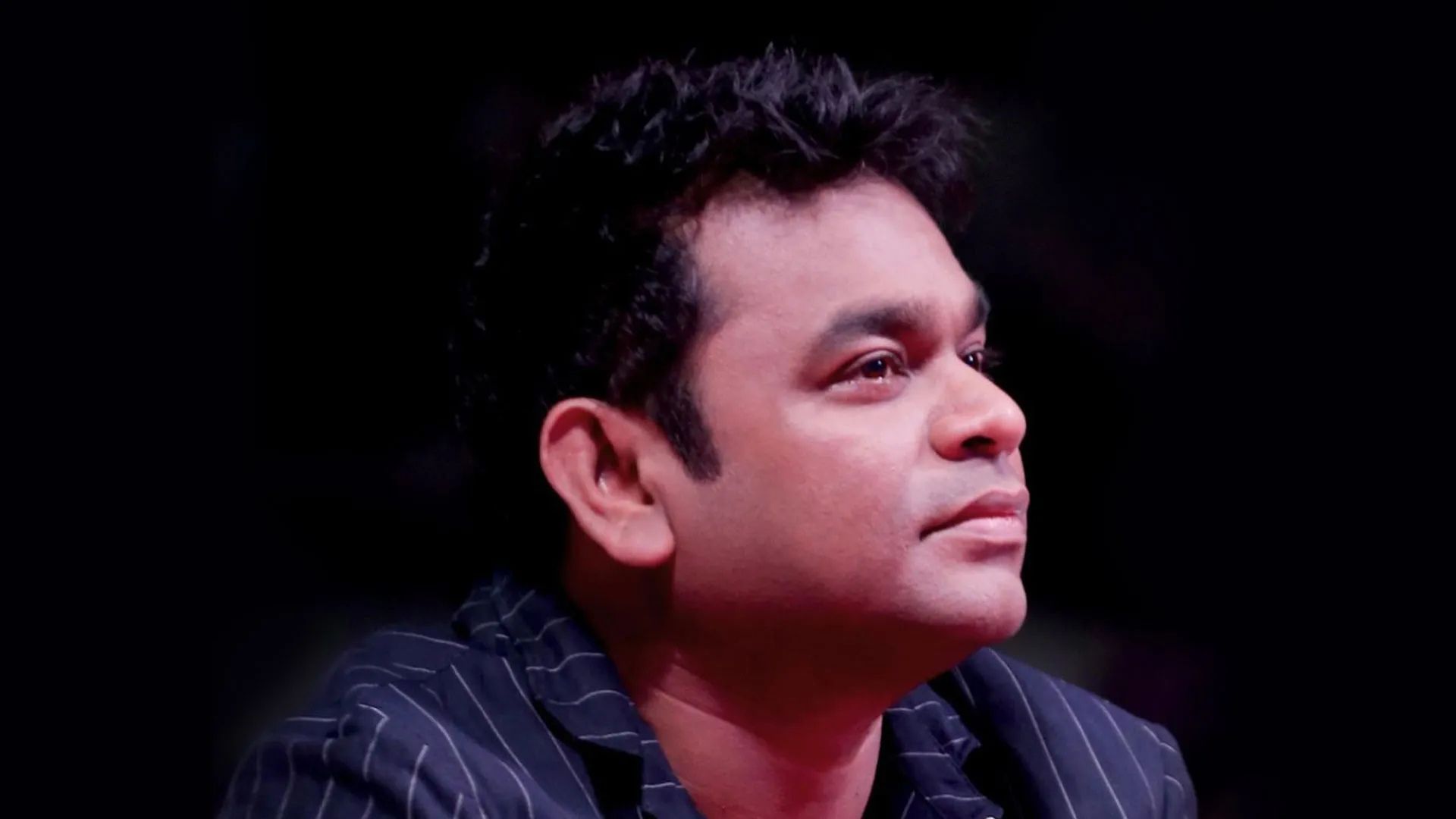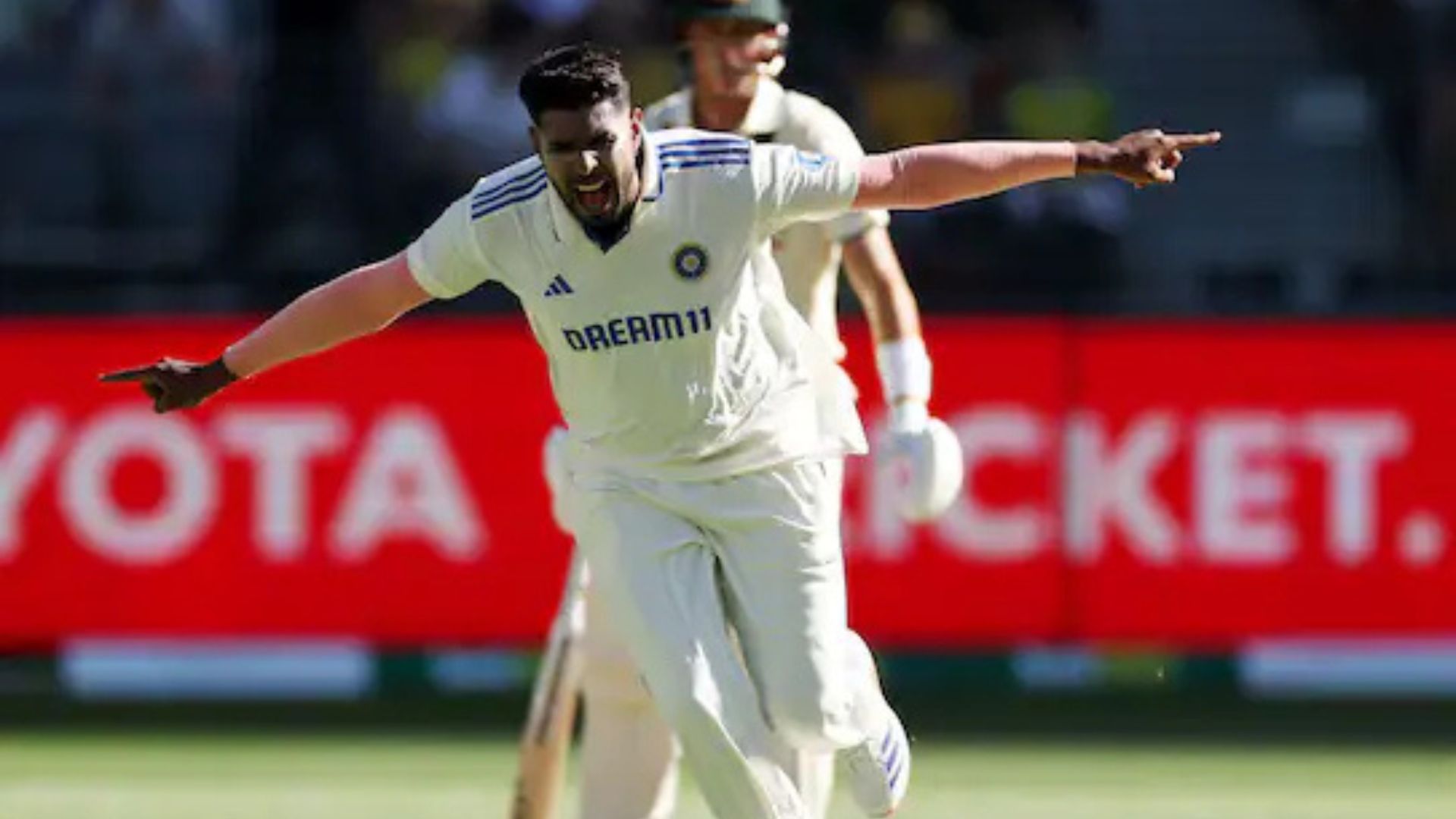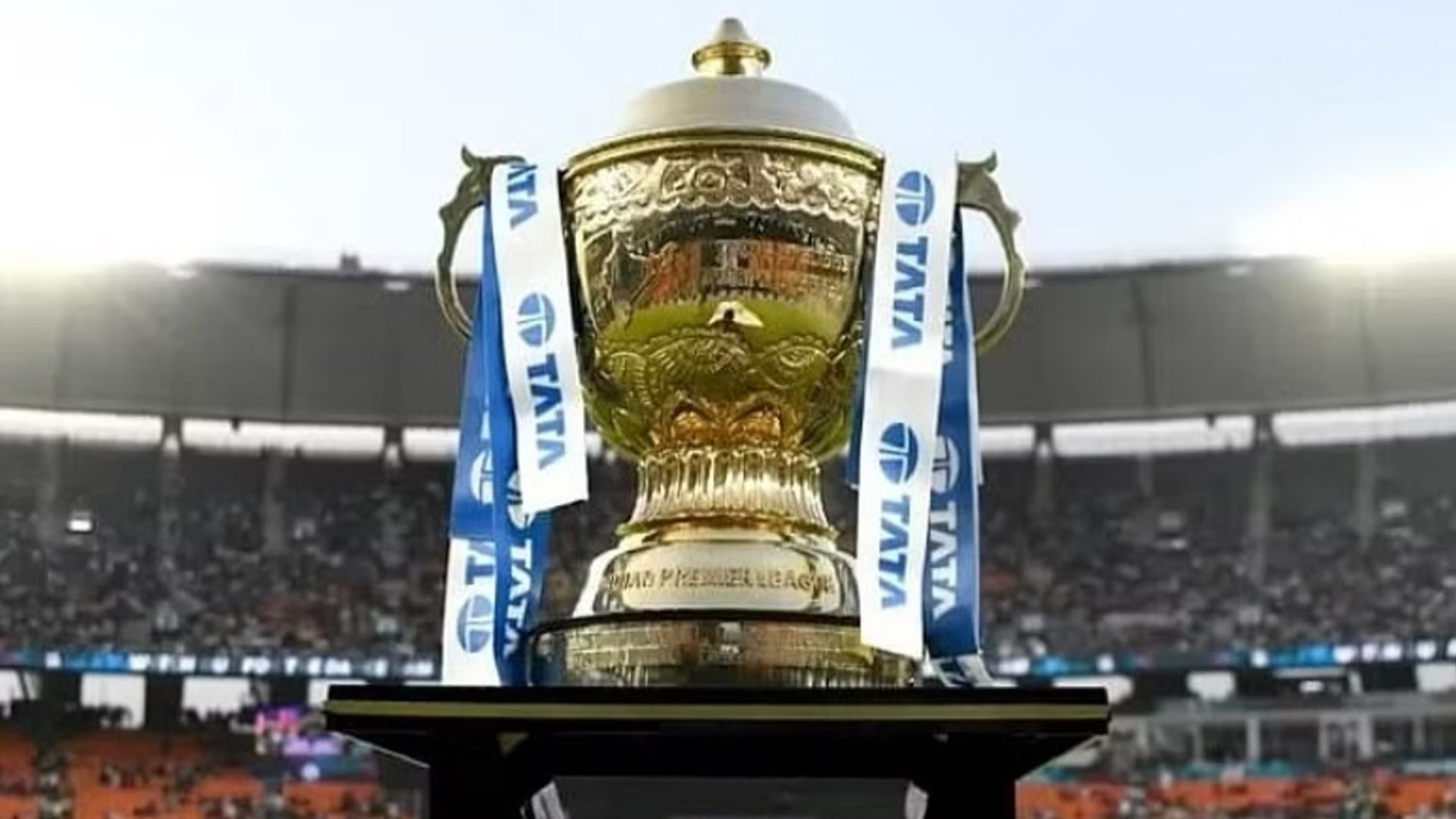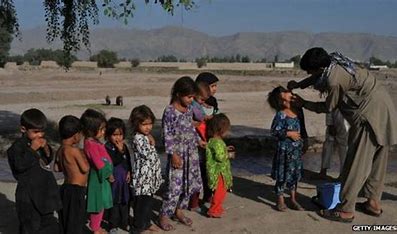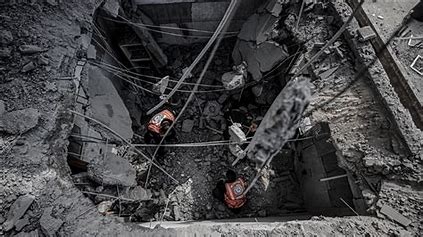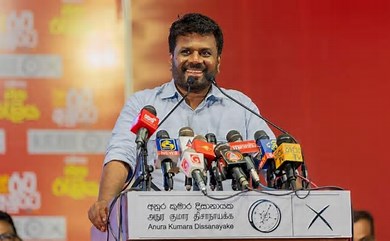
Anura Kumara Dissanayake, leader of the Janatha Vimukthi Peramuna (JVP), has been elected as Sri Lanka’s new President. He won with 42% of the vote, surpassing rivals Sajith Premadasa and outgoing President Ranil Wickremesinghe.
Born to a lower-middle-class family in Thambuttegama village, Anura Kumara Dissanayake worked his way up through education, earning a science degree from the University of Kelaniya.
Dissanayake began his political career as a student leader, actively participating in JVP’s 1987–1989 anti-government uprising.
He rose to become the national organizer of the Socialist Students Association in 1995 and later joined JVP’s political bureau.
In 2000, Dissanayake became a Member of Parliament, later opposing peace negotiations with the Tamil LTTE rebels.
Dissanayake’s JVP supported Mahinda Rajapaksa’s anti-ceasefire campaign in the 2004 elections, opposing the LTTE’s demands.
He strongly supports protecting Buddhism’s place in the Constitution, gaining favor from Buddhist monks.
He urged Tamil voters not to oppose changes sought by southern Sri Lanka, warning that it could affect their standing with the majority.
Dissanayake’s party has opposed Indian influence in Sri Lanka and has rejected attempts to return Katchatheevu island to India.
Dissanayake opposes devolving power to Tamil provinces and was against the Indo-Lanka Accord, which granted more control to Tamil regions.
Dissanayake has consistently backed the military and opposed international investigations into war crimes during the civil war with the LTTE.
As the new President, Dissanayake has expressed intentions to renegotiate the terms of Sri Lanka’s IMF bailout package, creating uncertainty around the future economic direction of the country.
